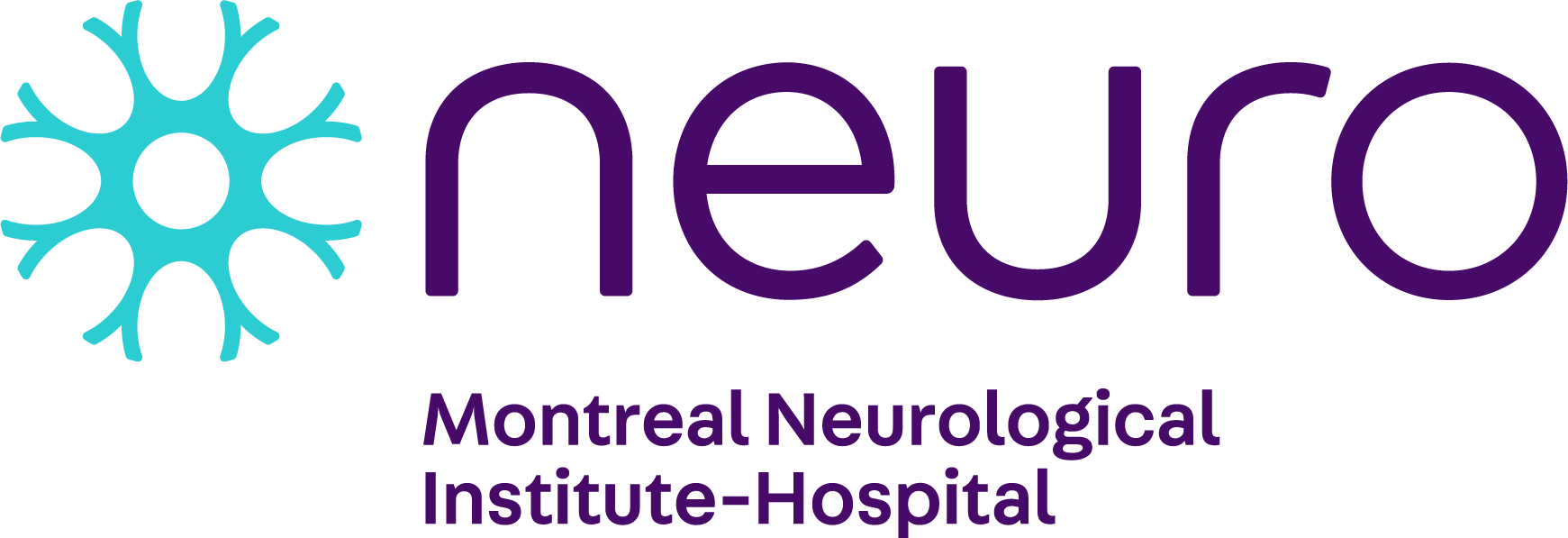Open Science is about creating a culture of change – how research is approached, shared, communicated, and disseminated, – with the ultimate goal of making scientific progress faster. With hundreds of millions of people worldwide affected by neurological disorders, transparent and collaborative research is vital to accelerating treatment development.̀ưDr. Oury Monchi, director of thèừư(C-OPN), reflects on how Open Science practices bring us closer to tackling the complexities of the human brain.
Why did you decide to join the Open Science movement?
Dr. Oury Monchi: Science can only advance if we work collectively and collaboratively together. Open Science fosters integrity, innovation and reproducibility. With Open Science, I believe we will be able to make significant strides in research as it relates to human health and disease.
What have you found most difficult in shifting to Open Science practices? What have you found most surprising?
OM: The most difficult aspect of Open Science has been managing the coordination of ethics and legal agreements at different institutions across Canada. This has made it more difficult to share data openly across the country and internationally. It seems as though the scientists are ahead of what the current Canadian rules and regulations allow. Most surprising, on the other hand, has been the absolute willingness of many scientists to share their data. I believe we are moving towards a more transparent and collaborative landscape in scientific research.
Why is Open Science needed in neurological diseases research?
OM: Open Science is needed in neurological research primarily due to the complexity of brain diseases. This type of research is particularly difficult to navigate, as microscopic, macroscopic and symptomatic levels need to be fully understood. This requires a huge amount of data. Our next big move at C-OPN is the development of the C-OPN LORIS platform, in collaboration with the Neuro’s̀ưC-BIG Repository. This will allow sharing of all C-OPN data in accordance with Open Science principles, something we are really excited about.
Many neurological disorders, such as Parkinson’s disease, present as multi-faceted disorders with different subtypes. Open Science is essential in order to overcome these layers of complexities.
Join the discussion! Dr. Oury Monchi will be at thèưNeuro Open Science in Action Symposium: Open Science and Neurological Diseases sessioǹưat 10:30 a.m. EST̀ưon Tuesday, November 23, 2021.
Learn morèưabout the 2021 Neuro Open Science in Action Symposium.̀ừư




